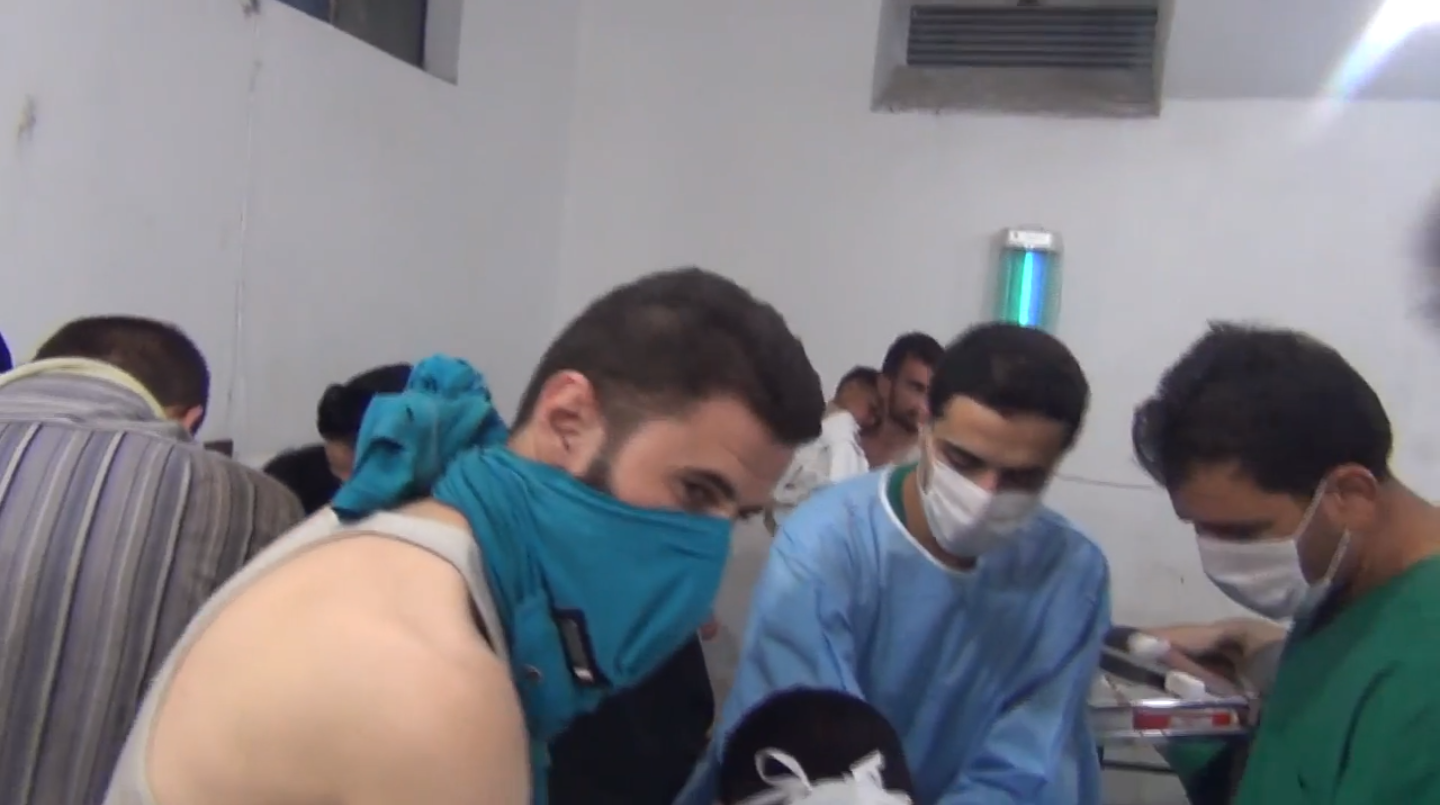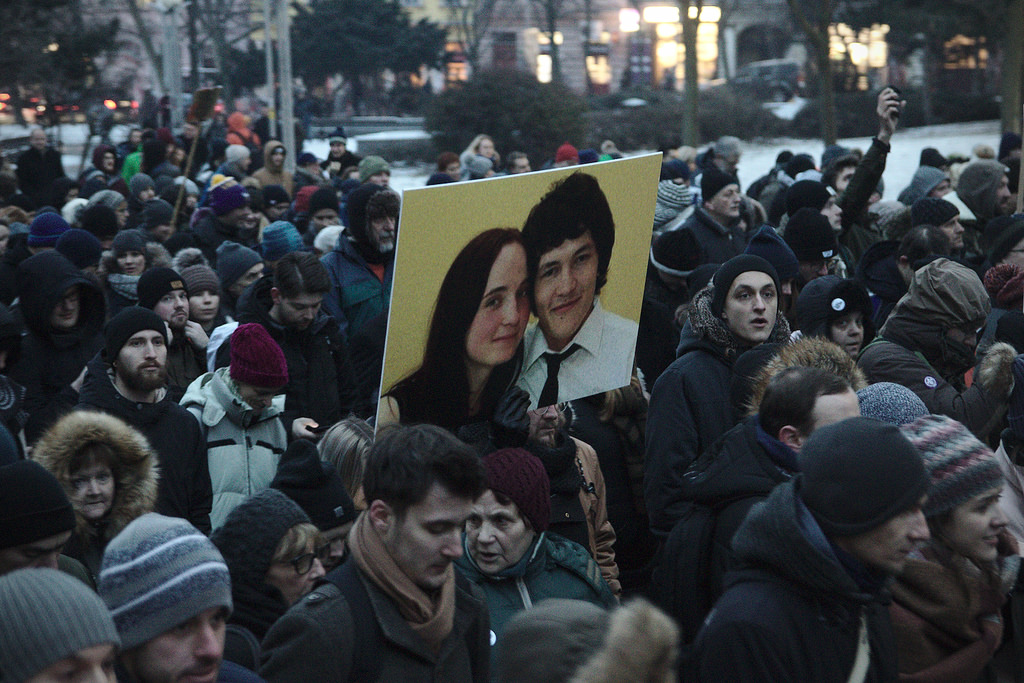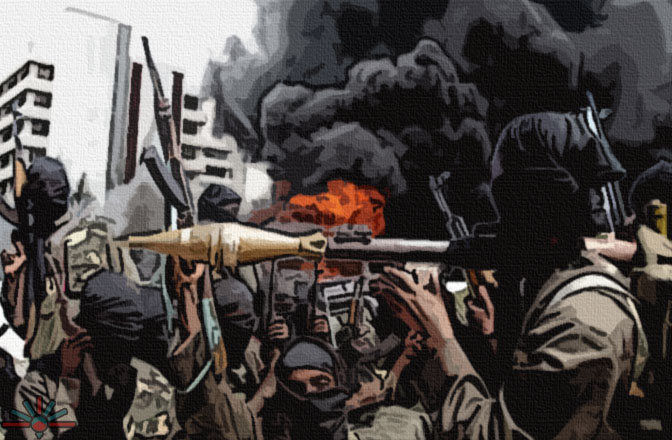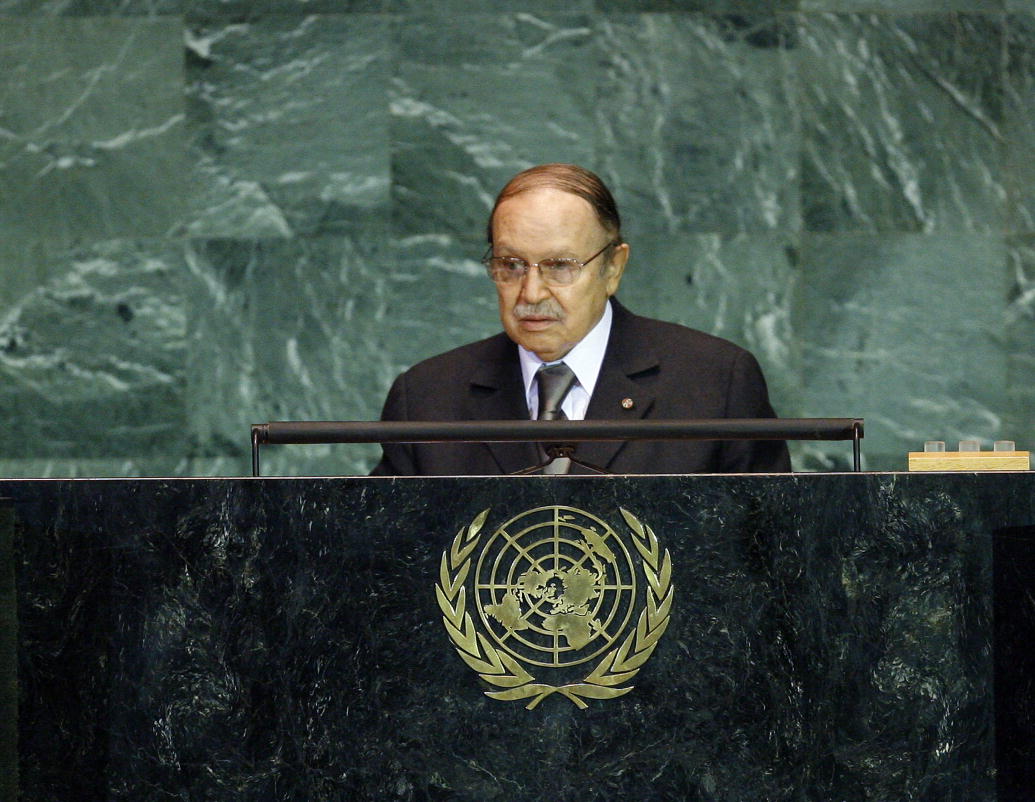
New reports alledge that the Assad regime has killed hundreds in an early-morning chemical attack targeting a Damascus suburb, a charge the regime denies. The Syrian opposition claims the attack has killed 1,300 people. The BBC collects photojournalism, and witnesses describe the alleged attack.
France’s foreign minister calls for “a reaction of force” if the regime is shown to be responsible for the attack, and Turkey claims that the chemical weapons use crosses “all red lines.”
Lord Malloch-Brown, a former deputy secretary-general of the UN, urges caution and that chemical weapons use must be confirmed before any military action is taken.
The UN Security Council held an emergency meeting Wednesday, where US-led efforts to strengthen inspections floundered in the face of Russian and Chinese opposition.
Will this apparent attack spur greater calls for intervention in Syria? Jon Western writes that, if confirmed, this is a turning point in the conflict and that the attack’s “raw and devastating images will alter the political landscape in Washington, throughout Europe, and throughout the region.” Others disagree.
Michael Hirsh argues that Washington’s fears of an Islamist-dominated post-Assad Syria are simply too great to meaningfully support the rebels.
Juan Cole concludes that if the Assad regime really did conduct the attack, it’s calling the Obama administration’s bluff: “Lesson to Mr. Obama: don’t bluff and don’t set red lines unless you’re really committted to reacting if they are crossed.”
Analyst Brown Moses recently collected his prior chemical weapons-related posts, which are certainly worth reading. It’s also worth revisiting an April post in which Jeffrey Lewis argues that “if Assad is using chemical weapons to hold on to power, we have an interest in ensuring that his government falls and that the responsible regime figures take their turn at the Hague.”
Charli Carpenter points towards updating coverage at Nuclear Diner.
Andrew J. Tabler looks at some hard truths about post-war Syria — with the rebels losing military momentum and splintering along ideological lines, as of now Assad is winning the war.
Hala Gorani flags a moving UNHCR photo of Syrian refugees fleeing into Iraq.







0 comments
In Washington I think there’s no political will for even a bombing campaign, but fears of U.S. credibility on the line might create some half-hearted response.
Of course I will caution people to remember that this does not appear to be confirmed yet
I agree, and that the need for confirmation is very important before any potential action is taken.
Of course that raises the question of why America and other outsiders should care. I know that might seem awful, but it’s good to establish exactly why something should be done before you start decide to actually do something.
There’s of course the humanitarian reasons, we want to stop people from being hurt. But if we’re going to do that, why in Syria and not for peaceful protesters in Egypt?
From a realpolitik view, it could remove a state unfriendly to the U.S. and U.S. allies and hopefully end a war that could lead to a wider Middle Eastern war, but that could also create the wider war anyway and there does not seem to be a Syrian faction that has both power and the views the West likes.
I think the best argument might be the one I alluded to before, U.S. credibility in not tolerating the use of certain weapons. Of course that doesn’t do much for either of the issues I mentioned before, but it might be argued that the U.S. has a compelling interest simply to make it clear that the use of those weapons simply won’t be tolerated by the world’s greatest power.
Personally I’ll admit I’m ambivalent at the moment. I simply want my nation to figure out why it wants to do something before it tries to do it.
I’m wary of endorsing the idea that the no-CW norm needs to be enforced, simply because I’m not convinced that CW – unlike nuclear or biological arms – are sufficiently destructive to warrant such unique prohibition. Moreover, CW’s impracticality for most battlefield uses and the stigma they attracts makes me think that a “norm” would exist against their use even if it wasn’t enforced.
Brent Sasley wrote a good piece about this back in April.
Anyway, I’m curious whether the threat to punish CW use would be understood as credible in the future even if the US intervenes in Syria, given that Iraq’s chemical attacks during the Iran-Iraq war were notably unpunished at the time.
Thanks for the comments.
Well, Medecins sans Frontieres has just stopped short of outright saying that chemical weapons were used, though it refrains from suggesting where they might have come from.
http://www.bbc.co.uk/news/world-middle-east-23827950